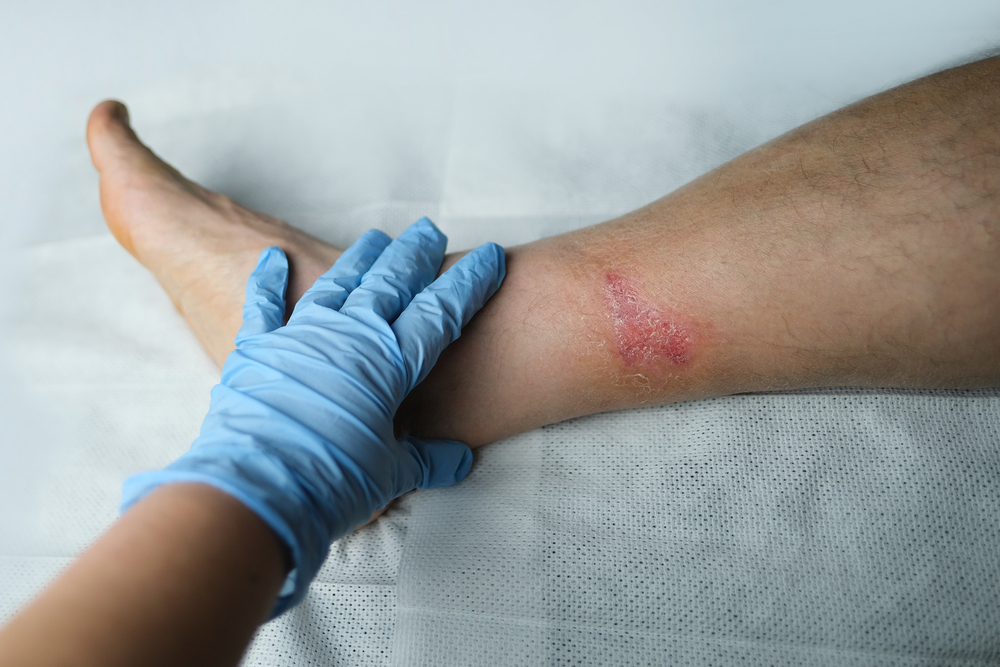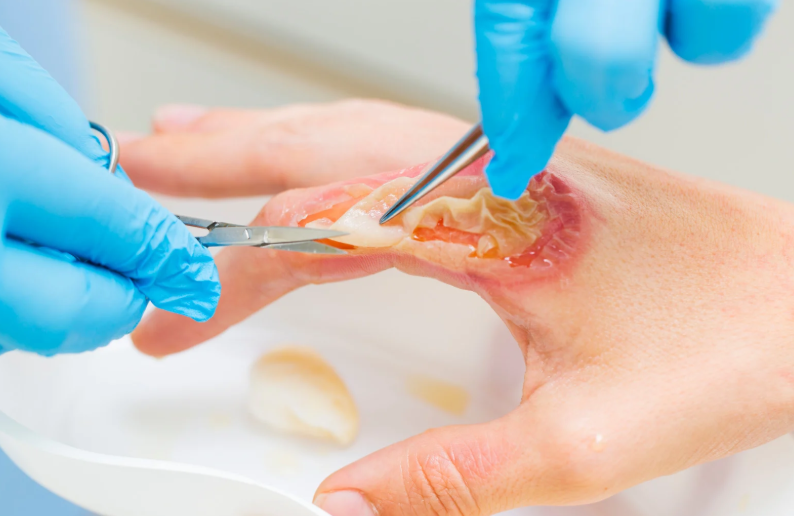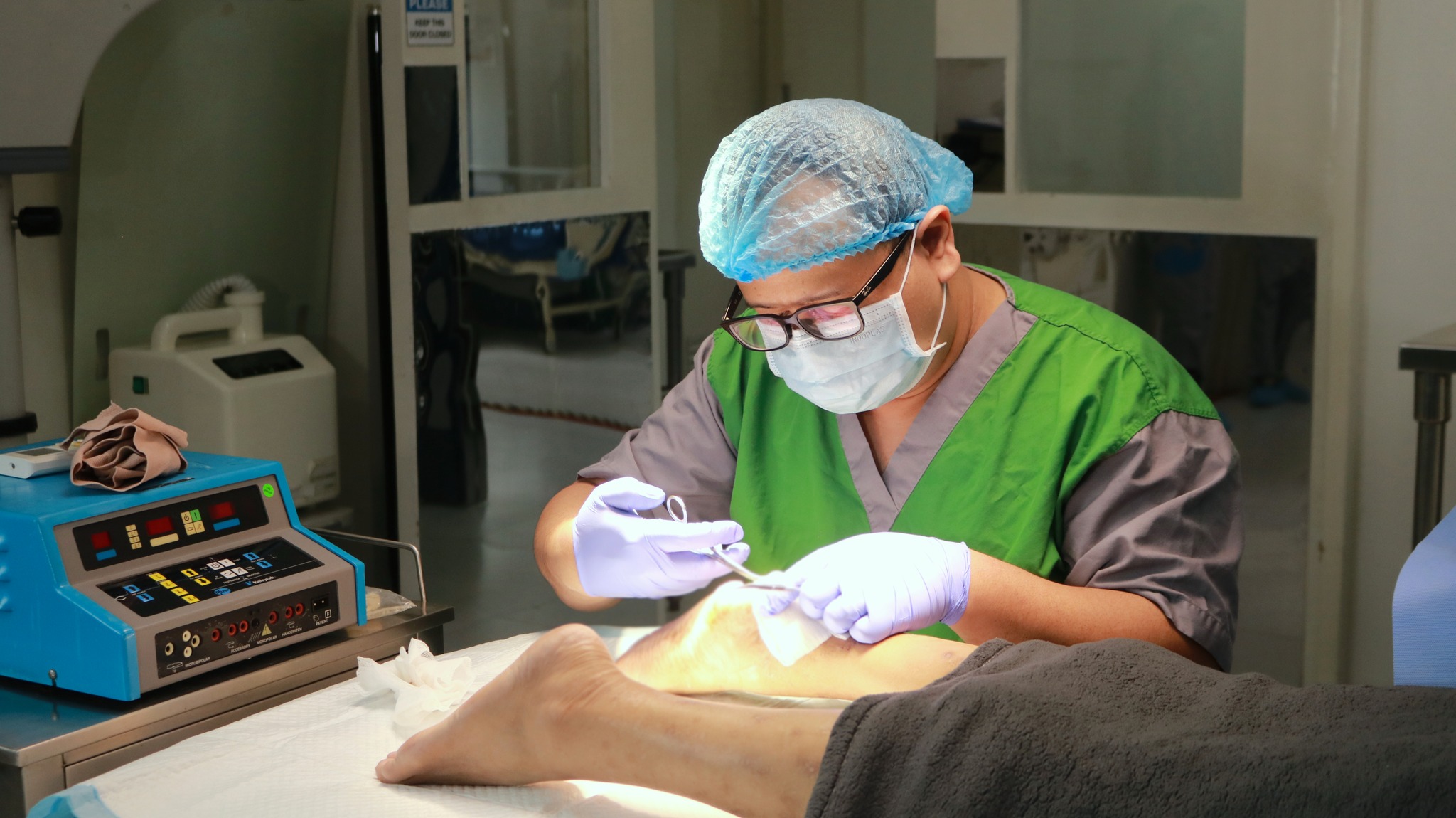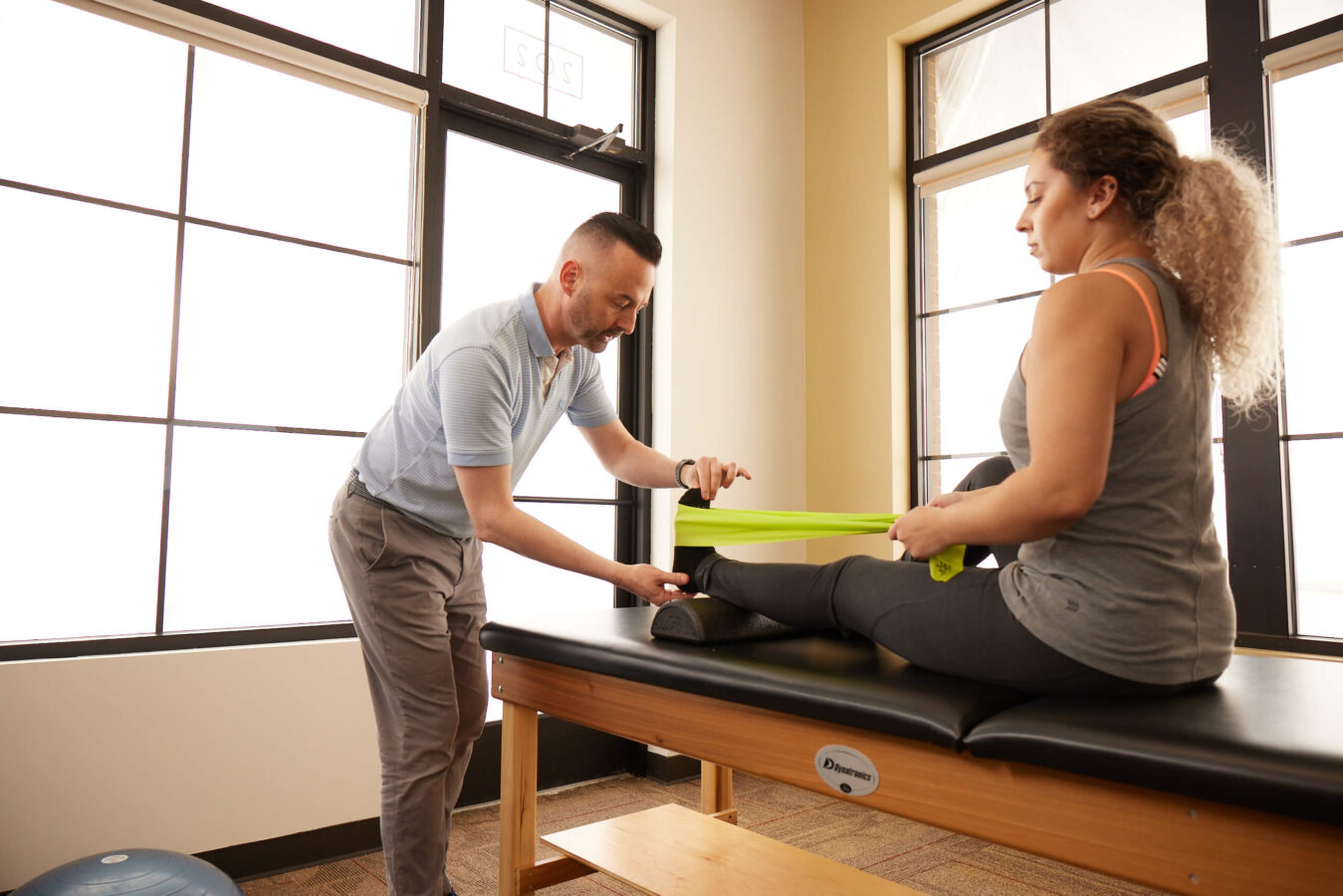Understanding Infected Wounds
An infected wound occurs when harmful bacteria or other microorganisms invade a break in the skin, leading to inflammation and delayed healing. These wounds can range from minor cuts and scrapes to deeper injuries such as surgical wounds or ulcers. The infection process often starts when bacteria enter the wound through dirt, foreign objects, or even improper wound care. Common signs that a wound might be infected include redness, swelling, warmth around the area, increased pain, and sometimes discharge or pus. Fever or chills can also indicate that the infection is spreading. Knowing the difference between a clean wound and an infected one is crucial because infected wounds can cause serious health complications if left untreated. Factors such as diabetes, poor circulation, and weakened immune systems increase the risk of infection and complicate healing.
When to Seek Medical Help from a Doctor for Infected Wounds
Not every wound requires a doctor’s visit, but recognizing when professional care is needed can prevent worsening infection and other complications. If a wound is deep, excessively painful, or continues to worsen after a few days, it is important to consult a doctor for infected wounds immediately. Other warning signs include spreading redness or red streaks, swelling that increases rapidly, foul-smelling discharge, or the presence of pus. If you experience systemic symptoms such as fever, chills, or fatigue, these may indicate that the infection is entering the bloodstream, requiring urgent medical attention. People with chronic illnesses like diabetes should be especially vigilant, as even minor wounds can develop into severe infections. Delay in treatment can lead to tissue damage, abscess formation, or even life-threatening conditions such as sepsis. Therefore, timely medical evaluation is critical for safe and effective healing.
What to Expect During Your Visit to a Doctor for Infected Wounds
When visiting a doctor for infected wounds, the healthcare provider will begin with a thorough evaluation to understand the extent of the infection and the patient’s overall health status. The doctor will review the medical history and ask about any underlying conditions that could affect healing. Physical examination focuses on the wound’s appearance, measuring its size and checking for redness, swelling, or pus. Diagnostic tests like wound cultures may be collected to identify the specific bacteria causing the infection. Blood tests might also be ordered to assess for signs of systemic infection. Based on findings, the doctor will recommend the most appropriate treatment, which may involve antibiotics or specialized wound care. Patients should be prepared to discuss any previous treatments tried and provide details about symptoms to help the doctor tailor the care plan effectively.
Treatment Approaches for Infected Wounds
Treating infected wounds typically starts with clearing the infection and promoting tissue healing. Antibiotics play a central role, and doctors may prescribe topical creams for mild infections or oral antibiotics for more serious cases. Severe infections could require intravenous antibiotics administered in a hospital setting. Wound cleaning is a vital part of treatment, often involving debridement—removal of dead or infected tissue to allow healthy tissue to regenerate. Specialized dressings designed to maintain a moist environment may be applied to protect the wound and speed up recovery. For deep or complicated wounds, negative pressure wound therapy might be used to stimulate healing. In rare cases, surgical intervention may be necessary to drain abscesses or repair damaged tissue. Managing pain throughout treatment is also important, with options ranging from over-the-counter pain relievers to prescribed medications.
Preventing Infection and Promoting Healing After Treatment
Once treatment has begun, following proper wound care routines at home is essential to prevent reinfection and support recovery. Cleaning the wound gently with mild soap and water, keeping it covered with clean dressings, and changing bandages regularly can reduce infection risks. Maintaining good hygiene, such as washing hands before touching the wound, helps avoid introducing new bacteria. Nutrition plays a supportive role in healing, with adequate protein, vitamins (especially Vitamin C and Zinc), and hydration being crucial. Avoiding smoking and managing chronic conditions like diabetes can improve blood flow and enhance healing capacity. Monitoring the wound closely for any signs of returning infection, such as increased redness or discharge, allows for early intervention. Scheduled follow-up visits with the doctor for infected wounds ensure the healing process is progressing well and any adjustments in care can be made timely.
Choosing the Right Doctor for Infected Wounds
Selecting the appropriate healthcare provider can significantly affect how well an infected wound heals. Various types of doctors treat infected wounds, including primary care physicians, dermatologists, wound care specialists, and surgeons. Wound care specialists have advanced training in managing complex wounds and can provide targeted therapies for chronic or severe infections. When choosing a doctor for infected wounds, consider factors like the doctor’s experience, credentials, and access to specialized wound treatment technologies. It’s also important to feel comfortable asking questions and discussing concerns with your healthcare provider. Patients with recurring wound infections may benefit from clinics that offer comprehensive wound management programs. Early consultation with a skilled doctor ensures that infections are treated promptly and complications are minimized.
Frequently Asked Questions (FAQ)
How long does it take for an infected wound to heal with medical treatment?
Healing times vary depending on the wound’s severity and patient health but typically range from several days to a few weeks with proper treatment.
Can infected wounds heal on their own without seeing a doctor?
Some minor infections might improve with home care, but most infected wounds require medical evaluation to prevent serious complications.
What are the risks of untreated infected wounds?
Untreated infections can lead to tissue damage, abscesses, chronic wounds, or life-threatening sepsis.
Are there any home remedies safe to use before seeing a doctor?
Cleaning with mild soap and water and applying a sterile bandage can be done, but home remedies should not replace professional care for infected wounds.
How can I reduce the risk of wound infection in daily life?
Practicing proper hygiene, promptly cleaning any cuts or scrapes, using protective clothing, and maintaining good overall health are effective preventive measures.










